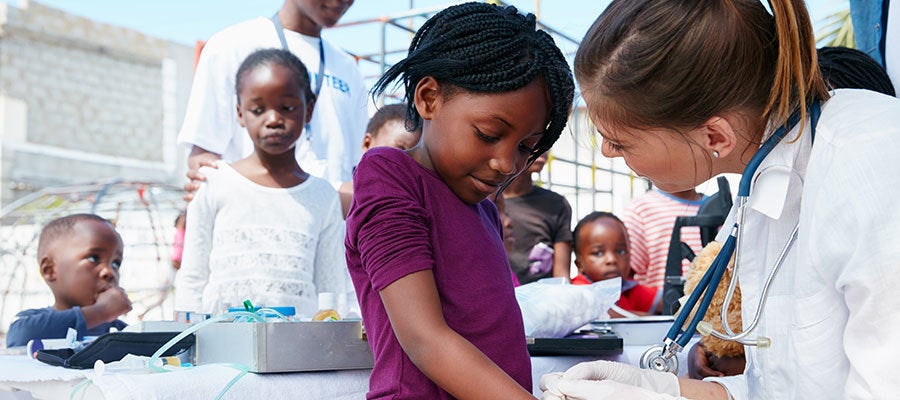
In mid-December, hospitals will transition to reporting COVID-19 data via the Centers for Disease Control and Prevention’s National Healthcare Safety Network, which will assume responsibility for collecting the data when the Department of Health and Human Services’ contract with TeleTracking expires Dec. 31. CDC will host a series of training webinars on the transition beginning Aug. 23.






